(ECNS)-- The burgeoning low-altitude economy is reshaping China's labor market, fueling demand for skilled professionals in drone piloting, flight control, and aerial vehicle development. Industry estimates indicate a staggering gap of one million drone operators, according to CCTV.
Luo Hanqing, a helicopter pilot with over 12 years of experience and 7,000 flight hours, has witnessed this shift firsthand.
Luo, from a Shenzhen-based aviation company, initially focused on offshore drilling platforms. But now, urban low-altitude routes are a significant part of his operations.
“Our company employs around 130 to 140 pilots, and with the increase in low-altitude business, we’ve been expanding our team and enhancing training programs,” he said in an interview with CCTV.
Before flights, Luo and his colleagues meticulously review flight plans and inspect their helicopters. Low-altitude pilots require not only piloting skills, but also expertise in route design and other technical areas.
Luo’s training took approximately eight months and included 200 flight hours. However, the emergence of electric vertical takeoff and landing (eVTOL) aircraft is expected to simplify training requirements for future pilots.
Meanwhile, unmanned aerial vehicles (UAVs) are gaining traction in the industry. Operated remotely from the ground, drones eliminate the need for onboard pilots.
Liu Ye, a 20-year-old certified drone operator in Shenzhen, represents the next wave of aviation professionals. After earning his license from China’s Civil Aviation Administration, Liu began working at a low-altitude flight operations center.
“Drones are used for aerial photography, power line inspections, mapping, and more,” Liu said. “There are plenty of career options in this field.”
As of June 2024, over 1.87 million drones had been registered in China, but only 225,000 certified operators were available, leaving a talent gap of roughly one million.
“The need for drone operators is immense,” said Yang Jincai, president of the Shenzhen Drone Industry Association. “They are vital in agriculture, environmental monitoring, emergency response, surveying, and beyond. The need for eVTOL operators will also expand significantly in the coming years,” he added.










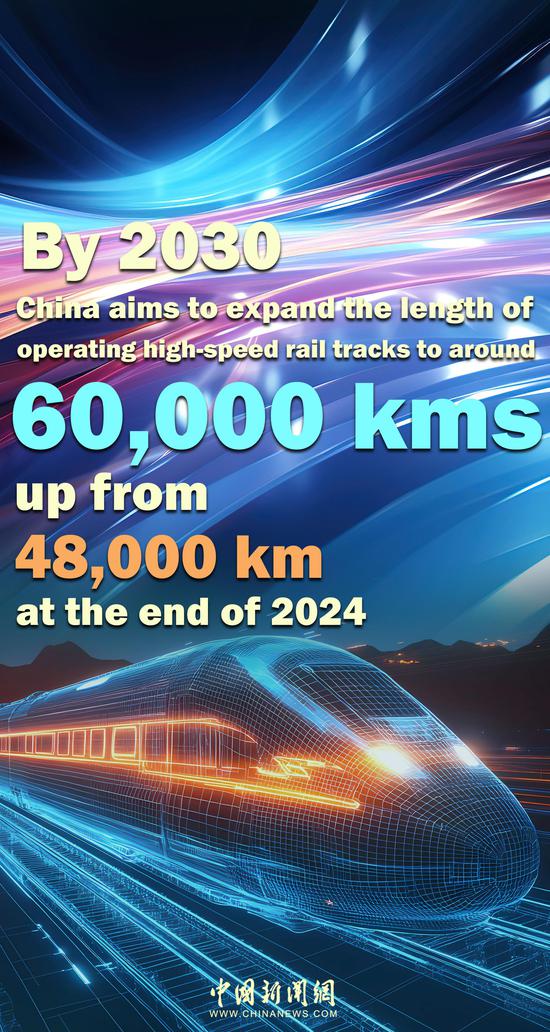
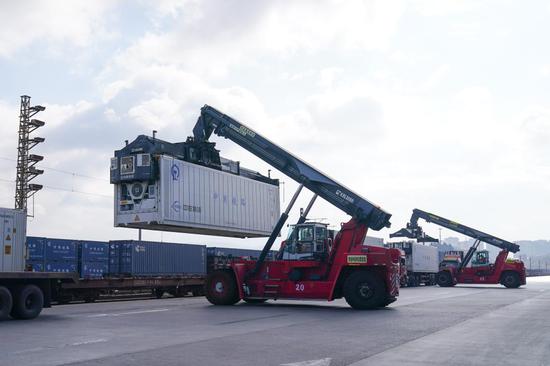
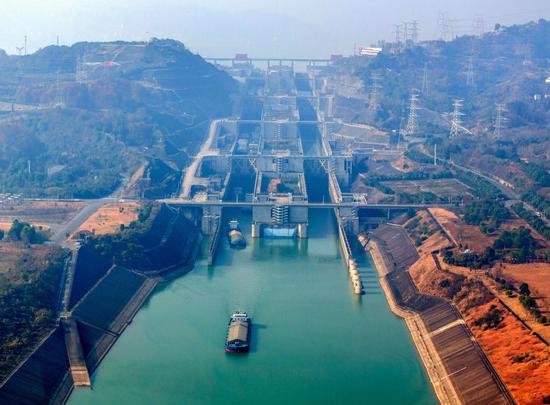






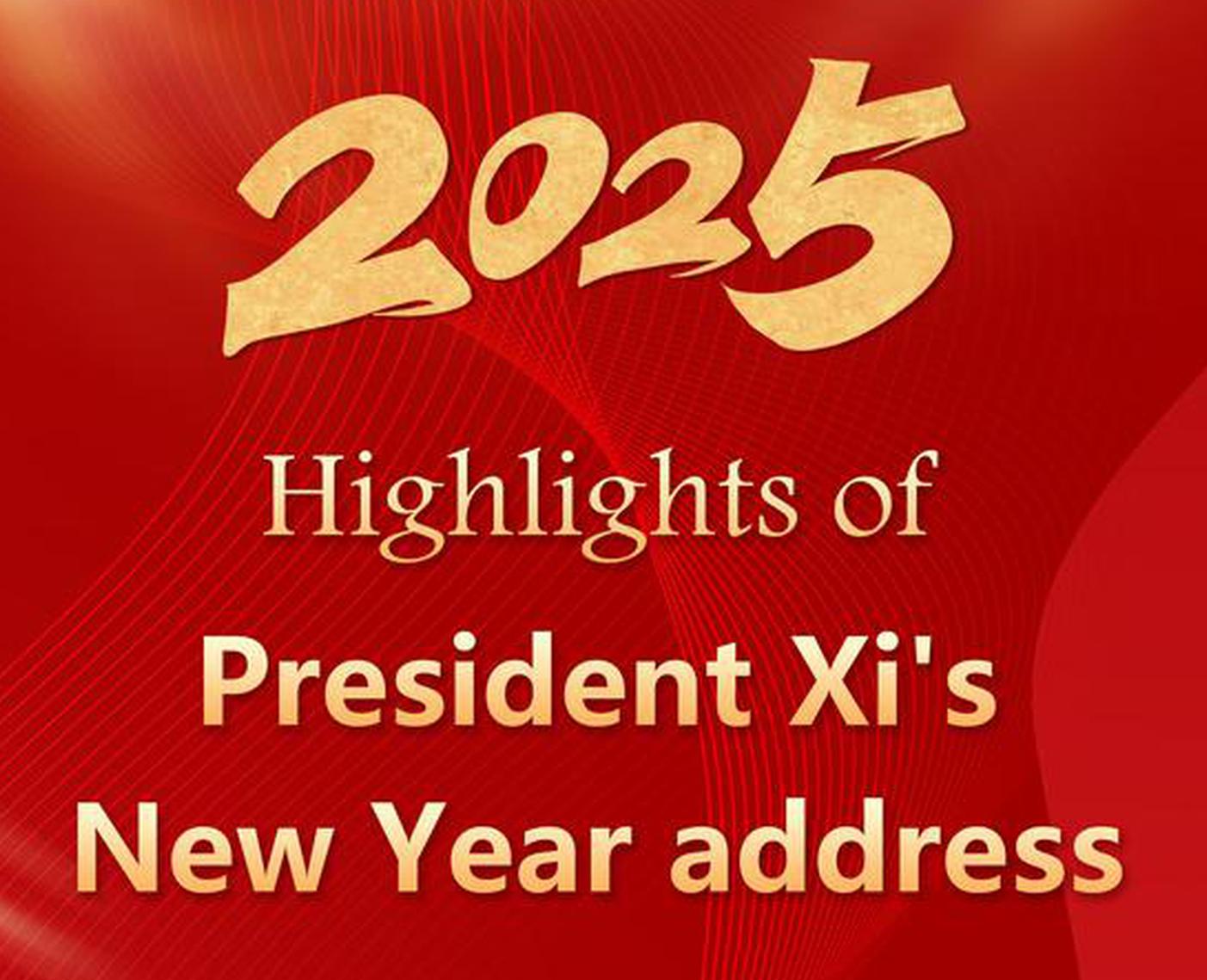


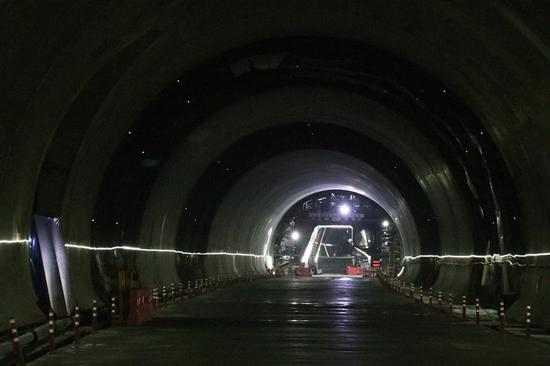
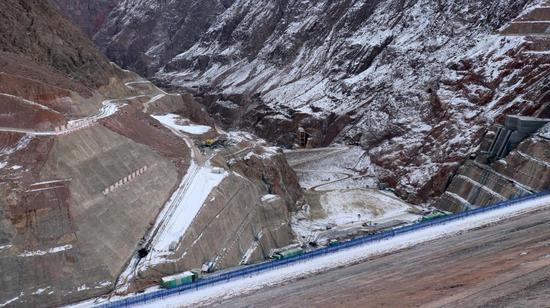

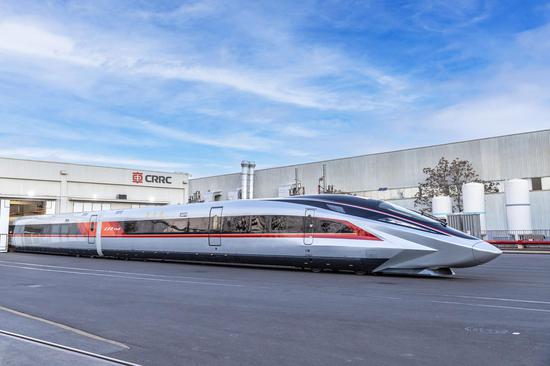
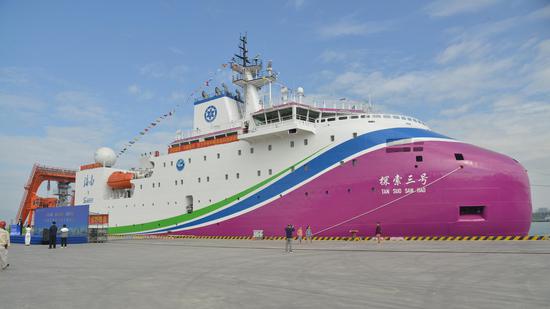

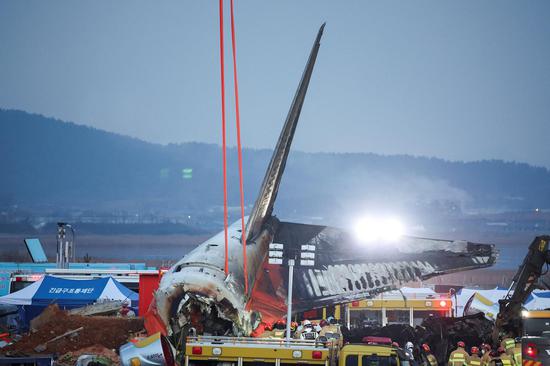

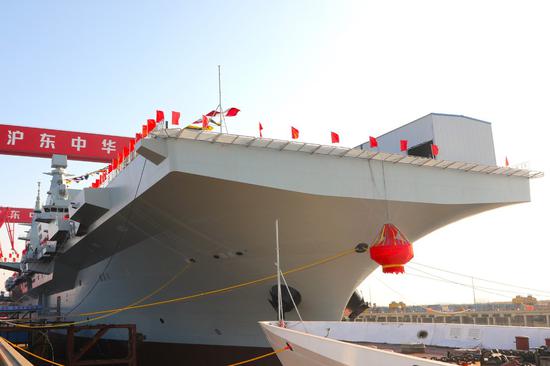
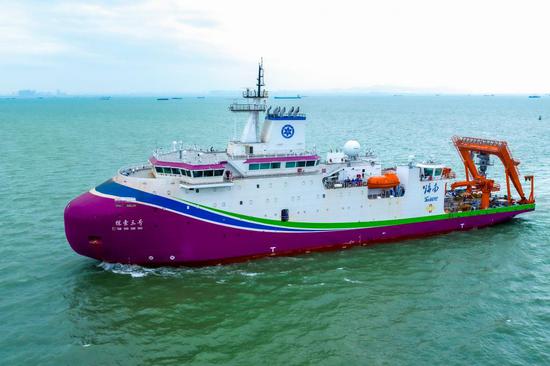





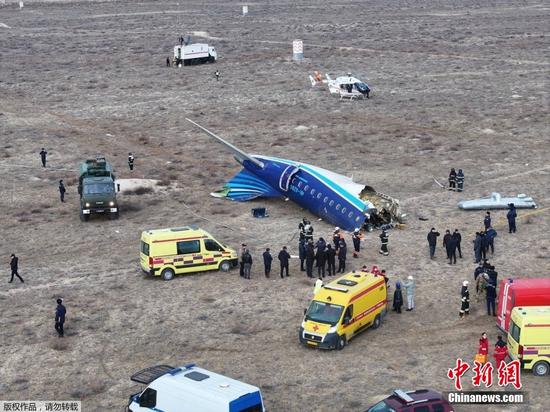
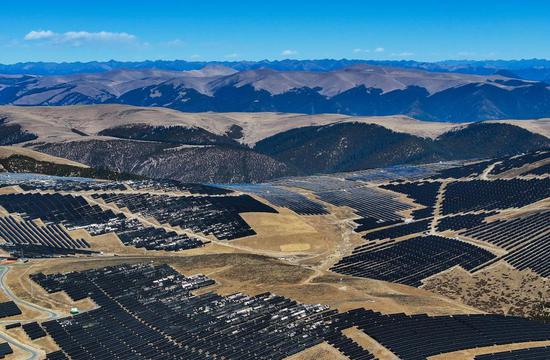




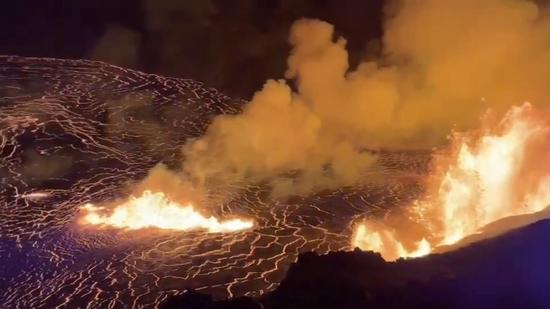






 京公网安备 11010202009201号
京公网安备 11010202009201号